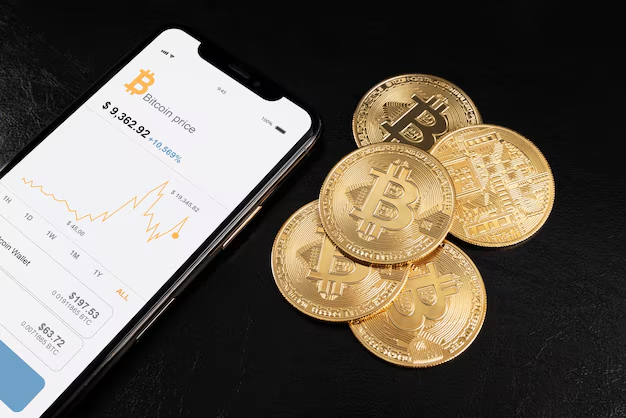Russia’s communications watchdog has blocked BestChange, a major crypto exchange aggregator, amid tightening digital currency regulations.
BestChange has been in the game as one of the dominant players in over-the-counter crypto trading in Russia and Eastern Europe since 2007.
Now, this platform does not know the particular reasons as to why this ban has been placed.
BestChange Responds to the Ban
BestChange has come out and accepted the blockage of its website bestchange.ru by Roskomadzor stating that it is the organization that imposes restrictions in Russia. The platform is saying that they do not know the reason behind the steps, but they have said that they are working with the central bank to understand how the restrictions can be lifted.
Legal and Regulatory Challenges
Bestchange.ru is marked as blocked on Roskomnadzor’s website because of alleged violations of other laws regarding various aspects of finance, including legal breaches of BestChange.
For BestChange, this is not the first challenge and it will certainly not be the last. She already received the same bans in 2017, 2019, and 2020, but all of them were removed through legal interference somehow.
Russia’s Changing Crypto Regulations

The timing of this ban coincides with a change in Russia’s policy regarding the regulation of cryptocurrency. A country that has legalized the mining of cryptocurrency, as well as the usage of digital currency for foreign trade, still applies a prohibition on its circulation and advertisement on their territory.
The use of advertisement for digital currency and aiding the transfer through BestChange crypto aggregators has been banned due to recent legislation.
This legislation has also banned the use of Yandex, Russia’s most popular search engine, for advertising Bitcoin exchange, Bitcoin mining, smart contracts, and money laundering wallet tracking services.
What’s Next for BestChange?
The platform’s legal representatives are trying to work around the limitation and claim it stems from new laws regarding cryptocurrencies or possible foul play from an unidentified user of the service.
As this incident shows, there are hurdles that the Russian authorities have yet to overcome in terms of controlling cryptocurrencies or other volatile digital currencies, and still profiting off from them.
These assets might help in trade on the international stage, while revenue collection as tax from miners could boom to almost two billion dollars, estimated at around 200 billion rubles a year if all institutions in Russia were allowed to mine the digital currencies.
This outcome outlines the attempts of the Russian government in trying to center a polarized nation economically. With all attempts from obscured systems to take control of the crypto trade within Russia, one can’t envision the speed at which the environment will change.





